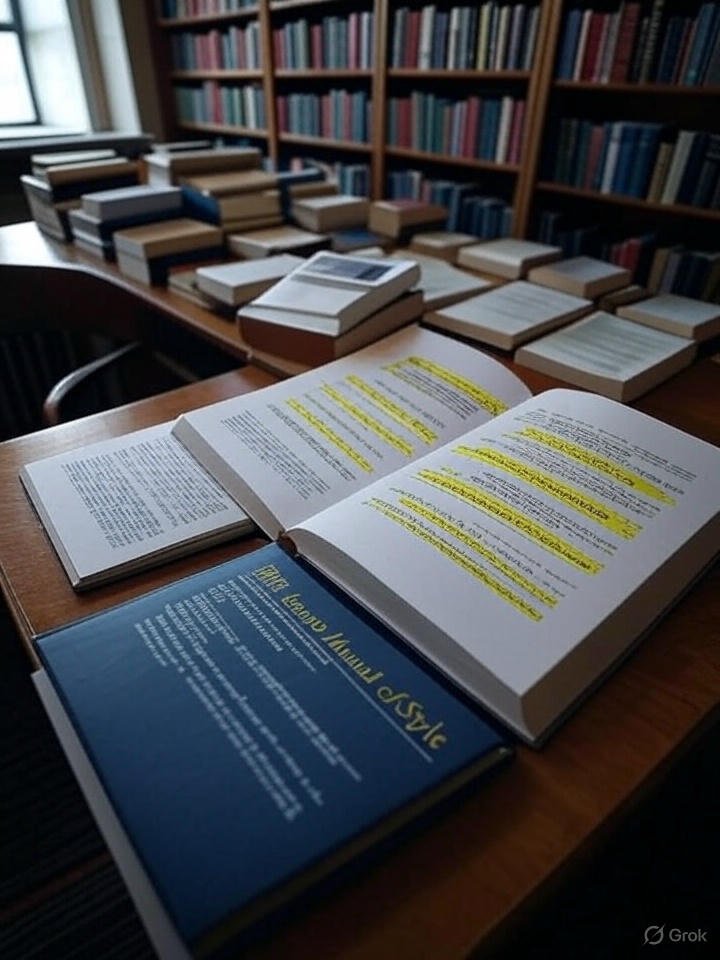Dissertation writing is a cornerstone of higher education, marking the culmination of years of study and research. While the fundamental purpose of a dissertation—to present original research and contribute to academic knowledge—remains consistent globally, the approach to writing and presenting this work varies across educational systems. This article explores how British dissertation writing stands out from other styles, focusing on structure, citation, language, and assessment criteria. Understanding these differences is vital for international students or those aiming to meet British academic standards.
Structural Differences
British dissertations typically follow a standardized format, including an introduction, literature review, methodology, results, discussion, conclusion, references, and appendices. While this structure is common worldwide, the expectations for each section set British dissertations apart. For example, British universities often emphasize a comprehensive literature review, requiring students to critically engage with existing research and theoretical perspectives. This contrasts with some systems, like certain American institutions, where the literature review might be integrated throughout the dissertation in a more narrative style rather than as a distinct chapter.
In the UK, the methodology section also demands a rigorous justification of the chosen methods, reflecting a focus on academic precision. Students are advised to consult their university’s guidelines and supervisors to ensure compliance with these expectations, making the structure both a framework and a reflection of British academic rigor.
Citation and Referencing Styles
Citation practices further distinguish British dissertation writing. The Harvard referencing system, with its author-date format, is widely used in the UK for its clarity and simplicity. However, depending on the discipline, alternatives like Oxford (common in humanities) or Vancouver (used in sciences) may be preferred. This contrasts with the United States, where APA or MLA styles dominate, each with distinct formatting rules.
Adherence to the specified citation style is non-negotiable in British academia. Inconsistencies can lead to penalties, highlighting the importance of precision. Students can benefit from using reference management software that supports multiple styles, including Harvard, to meet these strict guidelines.
Language and Writing Style
According to experienced British dissertation help providers, language is a key differentiator in British dissertation writing, with British English being mandatory. This includes spellings like “analyse” (not “analyze”), “centre” (not “center”), and “programme” (not “program”), alongside unique vocabulary such as “tutor” instead of “professor.” British academic writing also favors a formal tone, avoiding contractions (e.g., “do not” instead of “don’t”) and colloquialisms, and often employing the passive voice for objectivity.
For example, a British dissertation might state, “The experiment was conducted to test the hypothesis,” whereas a less formal style might say, “We conducted the experiment to test the hypothesis.” This preference for formality and detachment reflects British academic conventions. Students from other backgrounds can adapt by using British English spell-checkers or consulting guides like the Oxford Style Manual.
Assessment and Evaluation Criteria
British universities assess dissertations with a rigorous focus on original research, critical analysis, and engagement with complex theoretical frameworks. Examiners expect students to go beyond summarizing existing knowledge, demonstrating a clear contribution to their field. Key criteria include the clarity of research questions, coherence of arguments, appropriateness of methodology, and significance of findings. Additionally, the ability to critically evaluate one’s own work and acknowledge limitations is highly valued, signaling academic maturity.
This contrasts with some systems where practical applications or empirical data might take precedence. For instance, while American dissertations may emphasize real-world relevance, British ones often prioritize theoretical depth and intellectual sophistication, shaping how students approach their research and writing.
Conclusion
British dissertation writing is defined by its structured approach, specific citation practices, use of formal British English, and stringent assessment standards. These elements reflect deeper academic values, such as precision, critical thinking, and theoretical rigor. For students pursuing studies in the UK or seeking British dissertation help, mastering these characteristics is essential to meet the high expectations of British universities. By adapting to these standards, they can produce work that excels within the British academic framework and resonates in the global scholarly community.
Word Count: 900










































